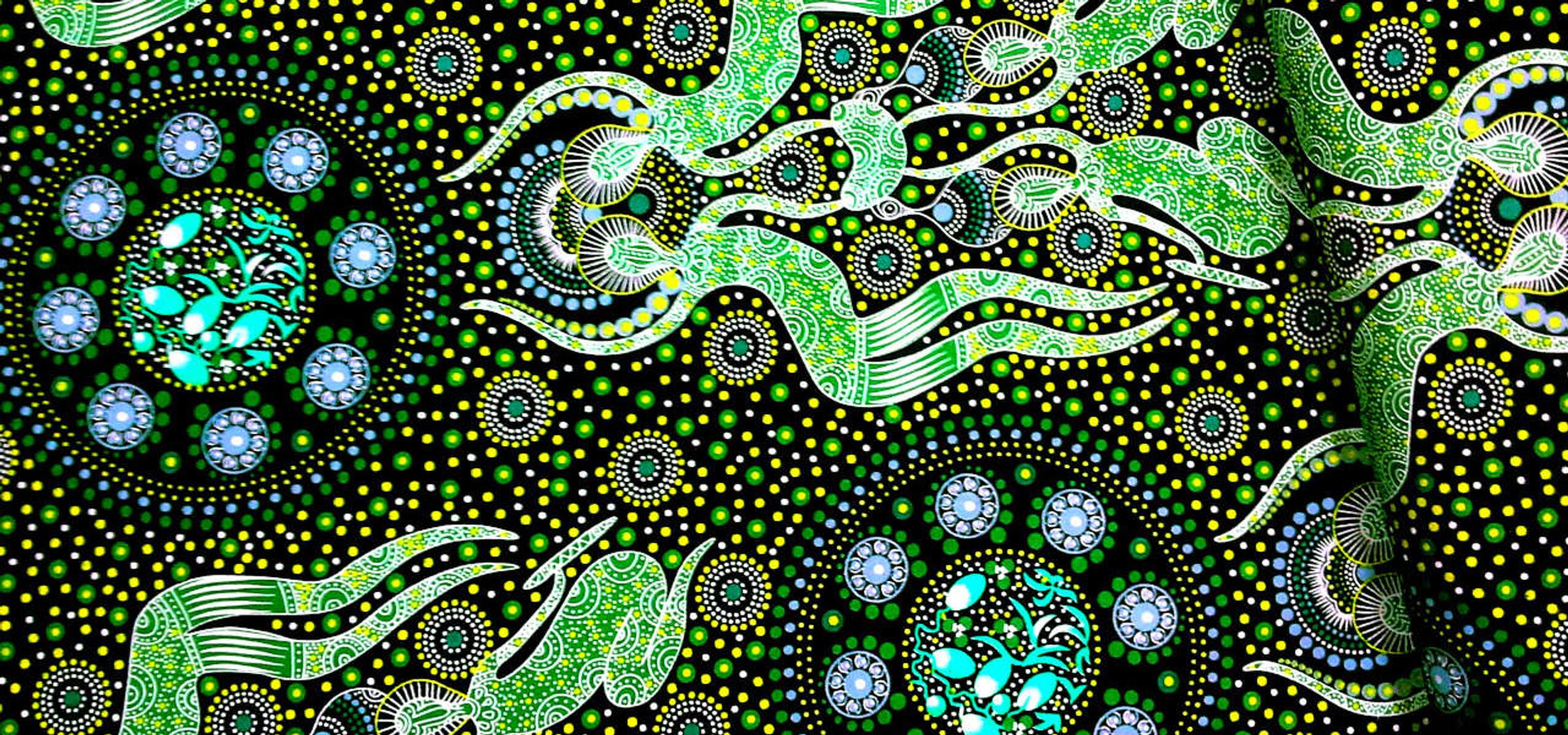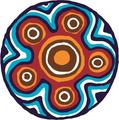Year 7 Term Overview

Dear Year 7 Families,
We would like to extend a warm welcome to new and existing families of DCC. It is a pleasure to have you join us for the exciting journey we are all embarking on. Our classroom teachers have been very proud of the way all Year 7 students have settled in to begin the year.
Firstly, we would like to share some information about our classroom teachers:
7A - Charlotte: Charlotte is a new addition to DCC and has been teaching since 2021. She has moved from teaching Year 3/4 and has a strong understanding about teaching students with trauma and learning difficulties. When she is not teaching, she is running local ghost tours, roller skating or cooking. Charlotte is originally from England and The Channel Islands and frequently brings her extensive knowledge of travel, culture and history into her classroom. Charlotte is looking forward to seeing all the Year 7 students reach their goals and grow into awesome young adults.
7B - Nathan: Nathan is new to DCC in 2022 and brings with him years of experience teaching upper primary school. He places a high value on forming strong and positive relationships in the classroom. He has a particular passion for health and fitness, in particular running, cycling and swimming. He is extremely excited for what the year holds and is looking forward to working with all members of the DCC community.
7C - Dom: Dominic has been a teacher at DCC since 2021 and has moved from year 5 to Year 7. He enjoys being active, particularly strength training and playing footy. He is extremely passionate about developing strong relationships with his students. Dominic has high expectations for his students and is excited to watch his students flourish not only in school but life equally.
Science - Gaye: Gaye has been a member of staff at DCC since the school opened in 2019. She has many years of experience in both classroom and specialist teacher roles. Gaye is passionate about nurturing and guiding students to become their best selves and to be productive, independent and successful learners.
Curriculum:
- English: In Term 1, the Year 7 focus in English will revolve around the following guiding question; how can I use my knowledge as a reader to become a better writer?
Within this unit students will demonstrate understanding of how the choice of language features, images and vocabulary affects meaning. They will explore and discuss issues and ideas from a variety of sources, analysing supporting evidence and implied meaning. They will be required to select specific details from texts and develop their own response, recognising that texts reflect different viewpoints. Through weekly literacy blocks, students will participate in Literature Circles, looking in depth at the text ‘Boy’. During weekly Literature Circles, students will work in groups where they will take on different roles focusing on expanding their knowledge and understanding of the text through rich discussion, observations and wonderings. By exploring reading/ writing connections during Term 1, students will further develop their idea generation as writer's. Using texts, interests and experiences to support development and sequencing of meaningful ideas.
- Numeracy: Term 1 of Year 7 Mathematics begins with a focus on fractions, in particular, a focus on the skills of comparing, ordering and operating with fractions. Upon completion, students will be able to understand the concept of equivalence and represent both fractions and mixed fractions on a number line. Building on the skills and concepts of the previous unit, students will move into using ratios, percentages and fractions in context. This will require students to be able to connect percentages, decimals and fractions and carry out simple conversions. Using this knowledge, students will recognise and solve simple ratio problems. Later in the term, students will explore and apply associative, communicative and distributive laws to assist with mental and written computation. To conclude the term, students will use all their fractional knowledge to operate with decimals in the context of 3D shapes.
- Science: This term, students have begun to investigate the Law of Conservation of energy and how this relates to forces and gravity. Our guiding question for students to investigate is: With contemporary, global scientific understanding, we are well placed to design innovative solutions for a sustainable future. They will explore how water is and can be used to create renewable Tidal energy/power and Hydropower. As well as the ability to explain how gravity, force and motion are interconnected on Earth. Students will understand the scientific procedure of conducting experiments, including the construction of a clear aim and hypothesis. They will build their capacity to take accurate notes that include summaries, analysis and communicating findings using scientific language, graphical displays and simple word equations. Students will design investigations from questions and wonderings and make predictions based on known facts. They will access Education Perfect, an online resource offered by the education department, to support development of scientific content knowledge.
- Hums: In Term 1 students will explore Medieval Europe. This stimulus will be used to unpack a range of new vocabulary and concepts, such as feudal society, inequality, privilege and wealth and control. This will provide our students with a deeper understanding of the significant social, cultural, economic, environmental and political changes that have led to our current way of life and society. Across the term students will be applying their historical knowledge to the concepts of continuity, change and cause and effect. Students will practice chronology by placing key historical events on a time-line and analyse short term and long term changes. We will continue to employ an inquiry based teaching approach and will use a blend of digital and paper based materials. This unit will also utilise Education Perfect.
- Health: In Term 1 students will begin unpacking and exploring the notion of mental health. Students will identify and explain how mental health can be strengthened at an individual and community level. Students will explore how change and transitions are a normal part of growing older and its relationship on mental health. Students will identify the strategies that individuals who experience change or challenge can undertake to enhance their wellbeing. This health unit culminates with students choosing and justifying their own actions that promote positive wellbeing. In doing so they will better understand others by making connections between different people's experience of change and transitions.
Ways to Help Your Child At Home: Beginning Monday 21st, students will have a homework grid uploaded to Google Classroom. This grid will outline the structure for homework in Term 1. This timetable will be a fluid document that will be adapted as units of work are completed. Each of the home learning sessions will be roughly 30-40 minutes in total. Some of the content students will be asked to complete on a weekly basis is as follows:
- 1 session of English - Pearson homework book.
- 1 session of Maths - Pearson homework book or mathletics
- 1 session of ‘Boy’ Novel study (1-2 chapters each) + Take home reading
- 1 session of Humanities
- 1 session of Science
